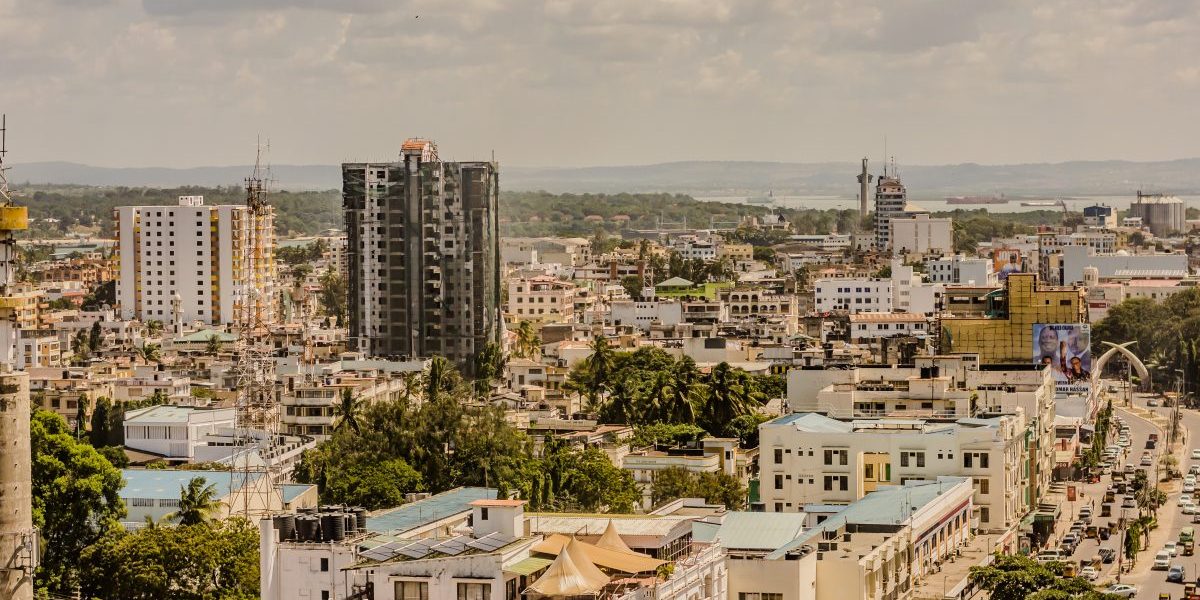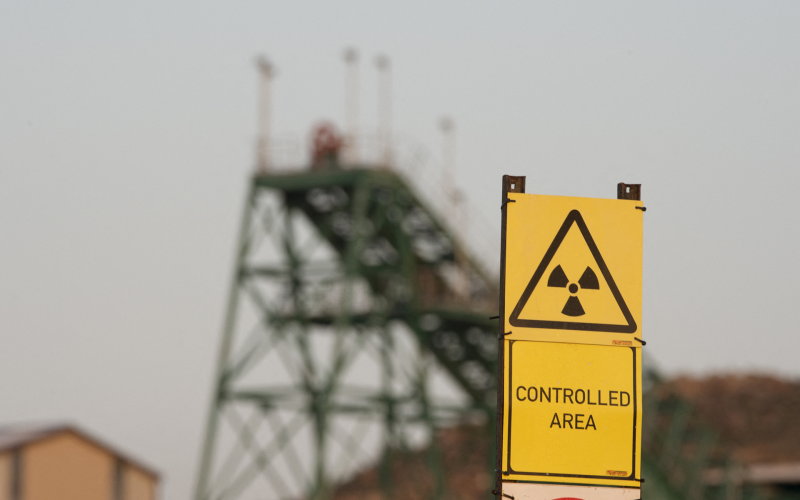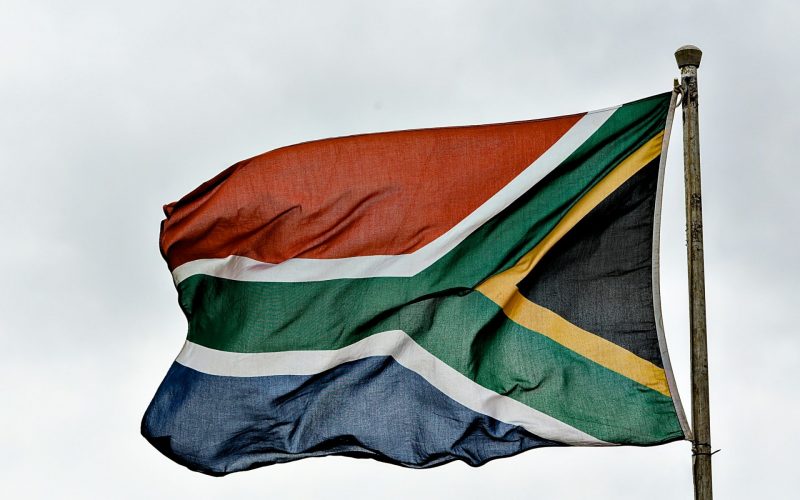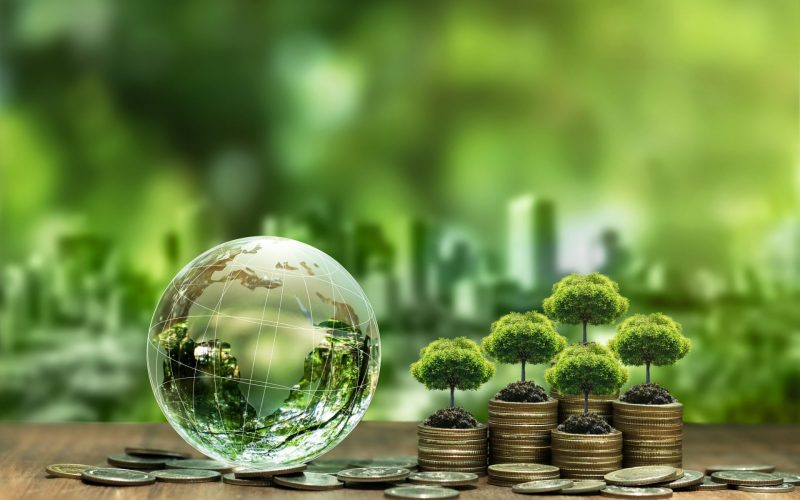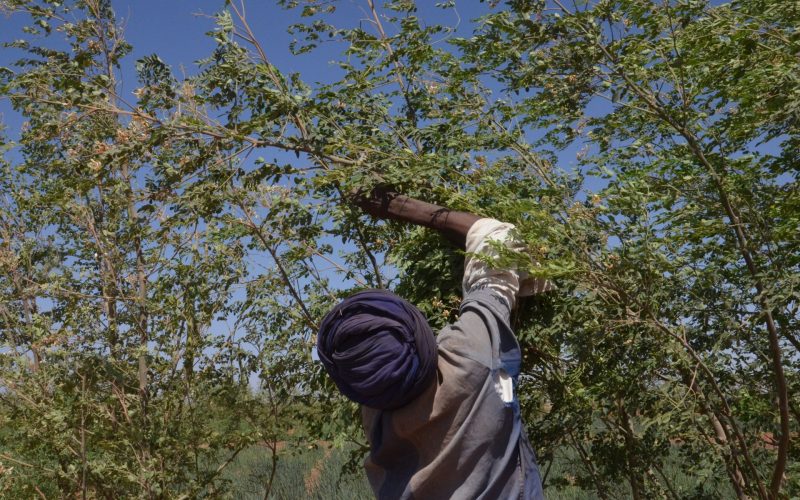Summary:
- Climate change is a new and emerging threat, but is not systematically addressed in Mombasa’s major planning documents, leaving the city’s infrastructure and near-term future vulnerable to chronic and acute stressors.
- Urban green zones are increasingly recognised as critical for providing multiple benefits to urban residents. This has been demonstrated in Mombasa, where disused limestone quarries have been converted into forests and nature trails and are in daily use by both residents and tourists. A key characteristic of natural zones such as these is that they have the potential to adapt to a changing climate, given appropriate management.
- In Mombasa several projects are aimed at constructing wetlands to treat wastewater, including in a high-density neighbourhood (Kiembeni) and at the Shimo la Tewa prison, at the northern edge of Mombasa County. These may provide replicable solutions at the scale of urban villages and neighbourhoods for locally treating and recycling grey water.
- Creative exploration of citizen approaches aligned with emerging county policies will be necessary to alleviate the immediate risks and hazards that climate change and urban intensification hold for Mombasa residents. Of critical importance will be building social capital among resident and community groups to promote collective action.
- Developing long-term policies and investments in the right natural infrastructure, aligned with demographic and urban planning to assure ecosystem carrying capacities are not overwhelmed, will be needed to maximise social and ecological resilience in the decades to come.

